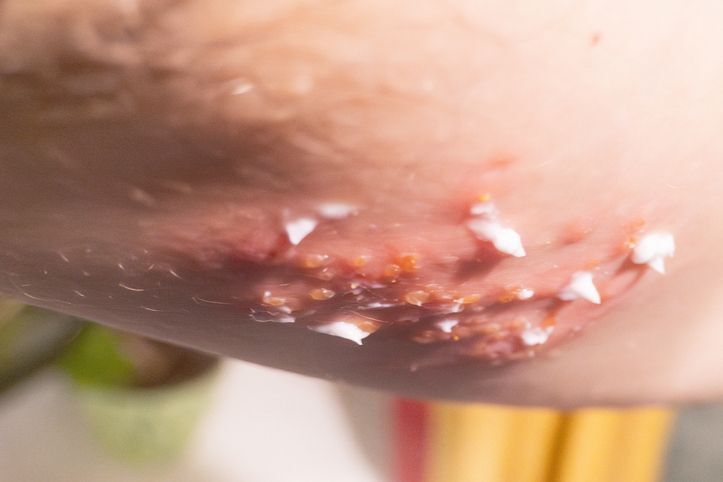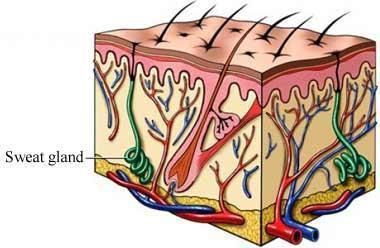
Hidradenitis Suppurativa (HS) is often described as a “skin disease,” but those who live with it know the truth: HS affects far more than skin. Beneath the bandages and beyond the flare-ups lies a deeper challenge — the emotional impact of living with a painful, unpredictable, and misunderstood chronic condition.
While wounds may heal, the emotional scars can linger. And too often, those struggles remain invisible.
The Emotional Weight of HS
HS can lead to feelings that are heavy and overwhelming at times:
- Shame and embarrassment caused by draining wounds or scarring
- Anxiety about when the next flare will strike
- Isolation from avoiding social settings or intimacy
- Frustration and hopelessness when treatments don’t bring relief
- Depression from chronic pain and sleep disruption
- Fear of rejection in relationships, school, or the workplace
These emotions are not imaginary. They are a valid response to navigating life with a painful disease that often lacks understanding in both the public and medical communities.
You are not being “too sensitive.” You are surviving something incredibly hard.
Why Mental Health Care Matters
Research shows that people living with HS face a significantly higher risk of depression and anxiety than the general population. The constant management of wounds, the financial burden of care, and stigma around visible skin conditions can contribute to trauma and chronic stress.
Mental health is not separate from physical health.
Your emotional well-being is part of your treatment plan.
Working with a mental health professional who understands HS — or joining a support community — can be life-changing.
Strategies for Emotional Resilience
While HS does impact daily life, it does not define your worth. Here are supportive practices that can help:
1. Give Yourself Permission to Feel
There are no “wrong” emotions.
Sadness, fear, anger, frustration — all are valid.
Acknowledgment is the first step toward healing.
2. Connect with Others Who Understand
Isolation feeds shame.
Connection replaces it with belonging.
Support groups (like HS Teen Corner or adult peer groups) provide:
✔ A safe space to share openly
✔ Encouragement from others who “get it”
✔ Reminders that you are not alone
3. Write Your Story
Journaling can help release stress, track triggers, and reframe negative thoughts.
Your voice matters — your story may one day empower others.
4. Try Mind-Body Practices
- Breathing exercises
- Meditation
- Gentle movement
These can help regulate the nervous system and reduce stress-related flares.
5. Ask for the Help You Deserve
Seeking therapy, coaching, or counseling is a strength, not a weakness. Healing happens faster with support.
Redefining Hope
Living with HS is a journey you never asked for — but your courage is undeniable.
Every day you choose to show up for yourself.
Every step you take, even on the hardest days, is progress.
You are worthy of care, compassion, joy, and community.
At IAHSN, we see you. We believe you. We are here to walk beside you.













